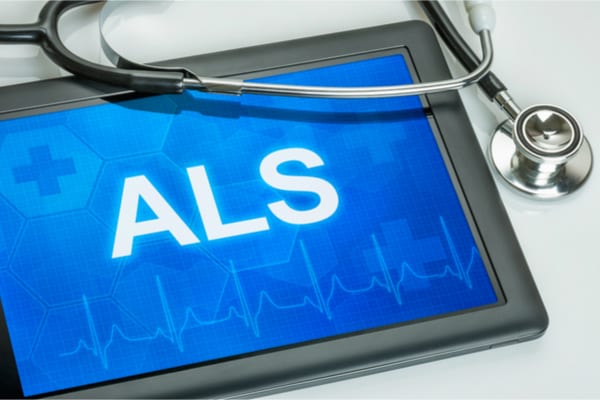Tablets and other mobile computing devices are part of everyday life, but using them can be difficult for people with paralysis. New research from the BrainGate consortium published November 21 in PLOS ONE, shows that a brain-computer interface (BCI) can enable people with paralysis to directly operate an off-the-shelf tablet device just by thinking about making cursor movements and clicks.
“For years, the BrainGate collaboration has been working to develop the neuroscience and neuroengineering know-how to enable people who have lost motor abilities to control external devices just by thinking about the movement of their own arm or hand,” said Dr. Jaimie Henderson, a senior author of the paper and a Stanford University neurosurgeon. “In this study, we’ve harnessed that know-how to restore people’s ability to control the exact same everyday technologies they were using before the onset of their illnesses. It was wonderful to see the participants express themselves or just find a song they want to hear.”
The participants reported finding the interface intuitive and fun to use, the study noted. “It was great to see our participants make their way through the tasks we asked them to perform, but the most gratifying and fun part of the study was when they just did what they wanted to do — using the apps that they liked for shopping, watching videos or just chatting with friends,” said lead author Dr. Paul Nuyujukian, a bioengineer at Stanford. “One of the participants told us at the beginning of the trial that one of the things she really wanted to do was play music again. So to see her play on a digital keyboard was fantastic.”
The researchers say that the study also has the potential to open important new lines of communication between patients with severe neurological deficits and their health care providers. “When I see somebody in the neuro-intensive care unit who has had an acute stroke and has lost the ability to move or communicate, I’d like to be able to say, ‘I’m very sorry this has happened, but we can restore your ability to use the technologies you were using before this happened, and you’ll be able to use them again tomorrow,'” says Dr. Leigh Hochberg, MD, PhD of Braingate. “And we are getting closer to being able to tell someone who has been diagnosed with ALS, ‘even while we continue to seek out a cure, you will never lose the ability to communicate.’ This work is a step toward those goals.”
—
Photo Credit: Zerbor / Shutterstock.com
